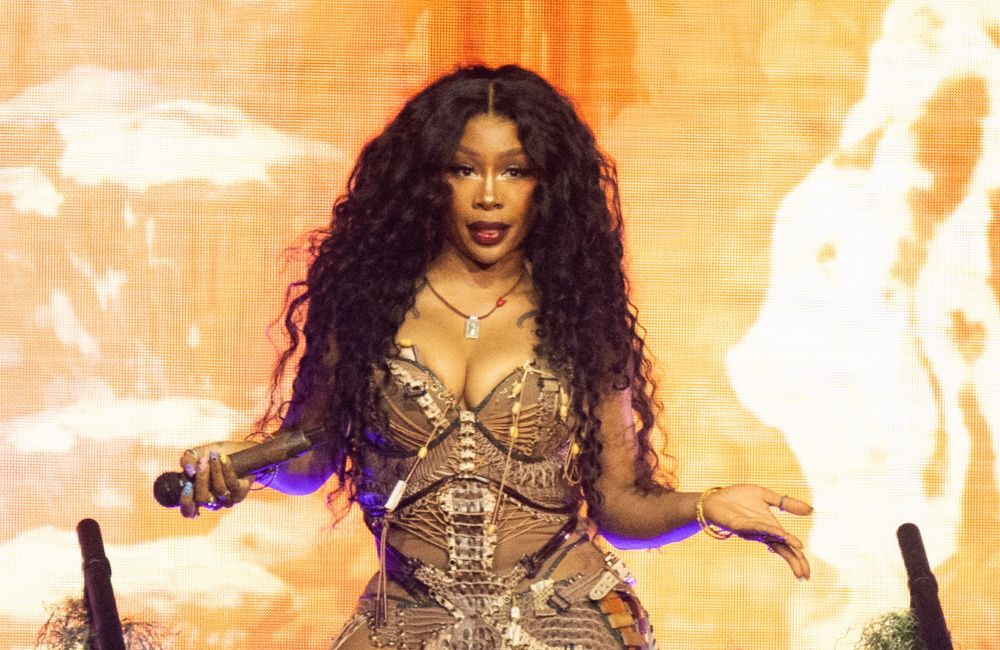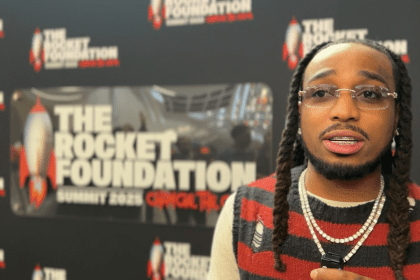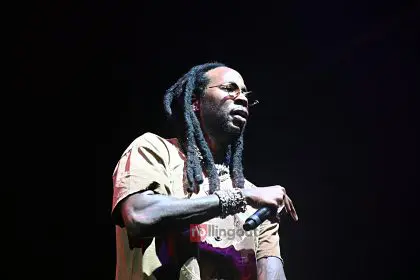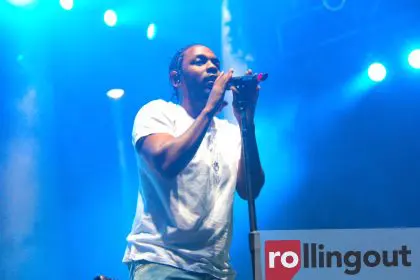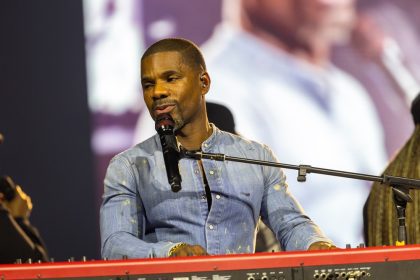SZA was “scared” of playing at Glastonbury. The iconic festival, established in 1970, has become one of the world’s most prestigious music events, hosting legendary performers throughout its history. The Worthy Farm venue has seen countless historic performances that have defined generations of music.
“I just felt like nothing I could do would be enough for Glastonbury, no matter what I did,” the 35-year-old singer’s headline set at the Worthy Farm Festival earlier this year was dogged by sound issues and she admits. The festival, which attracts over 200,000 attendees annually, has seen its fair share of technical challenges throughout its five-decade history. Despite these challenges, it remains one of the most sought-after performance spots for artists worldwide.
“It scared me. I was like, well, I wish I wasn’t doing it, but I couldn’t walk away from it…” The Glastonbury main stage has witnessed countless historic performances, with its unique atmosphere often challenging even the most seasoned performers. The festival’s reputation for making or breaking careers adds an extra layer of pressure to every headline performance.
The star – whose real name is Solana Rowe – admits that she didn’t want to turn down the chance to follow Beyonce as a solo black female headliner at the festival. Beyoncé’s 2011 performance at Glastonbury was watched by millions worldwide and is considered one of the festival’s most memorable moments. This historic lineage of performers has set an incredibly high standard for subsequent headliners.
“(I wanted) to be the second black woman in history, but then it’s such a f****** tall order,” SZA said. “It’s like, no matter what you do here, you will be subject to criticism. Because of who you are. But that’s life. That’s life, you know?” This milestone achievement marks a significant moment in Glastonbury’s ongoing effort to diversify its headline acts. The festival has been actively working to create more inclusive lineups in recent years.
“Maybe I’m just not meant to be famous – I’m crashing and burning and behaving erratically,” the ‘Kill Bill’ hitmaker explained that she “grapples” with fame on a daily basis and has often debated whether she should remain in the music industry. Her candidness about mental health has resonated with many artists who face similar struggles in the spotlight. The music industry’s intense pressure has led to increased awareness about performer mental health.
She continued: “It’s not for me because I have so much anxiety. But why would God put me in this position if I wasn’t supposed to be doing this? So I just keep trying to rise to that occasion. But I’m also just like, ‘Please, the occasion is beating my ass’.” This vulnerability has become a hallmark of SZA‘s public persona, contributing to her connection with fans worldwide. Her openness about anxiety has helped normalize mental health discussions in the entertainment industry.
The artist has previously discussed her methods of therapy and has now found comfort in yoga and meditation. These practices have gained increasing popularity among performers seeking to manage the pressures of fame, with many major festivals now incorporating wellness areas for artists. The integration of mental health support into festival infrastructure represents a significant shift in how the industry approaches performer wellbeing.
“You don’t have to imagine anything is happening to you. In that weird stillness, something arrives at you every time,” she said about her meditation practice. This approach to mental wellness has become increasingly common among performing artists, with many festivals now incorporating dedicated spaces for meditation and mindfulness. The evolution of festival culture now includes a strong focus on artist mental health support.
SZA’s journey reflects the broader conversation about mental health in the music industry, where performers face intense scrutiny and pressure. Her experience at Glastonbury joins a long list of memorable festival moments that have shaped both artists and the event itself. The festival’s impact extends beyond music, influencing cultural conversations about performance anxiety and artist welfare.
The significance of SZA’s Glastonbury performance goes beyond just music, representing a crucial moment in festival history and artist representation. Her candid discussion about the pressures faced by performers has helped shed light on the real challenges behind the glamour of major festival appearances.

